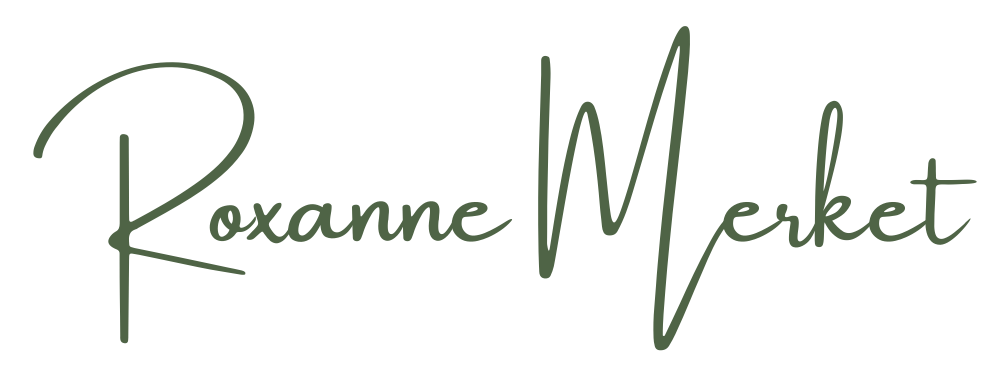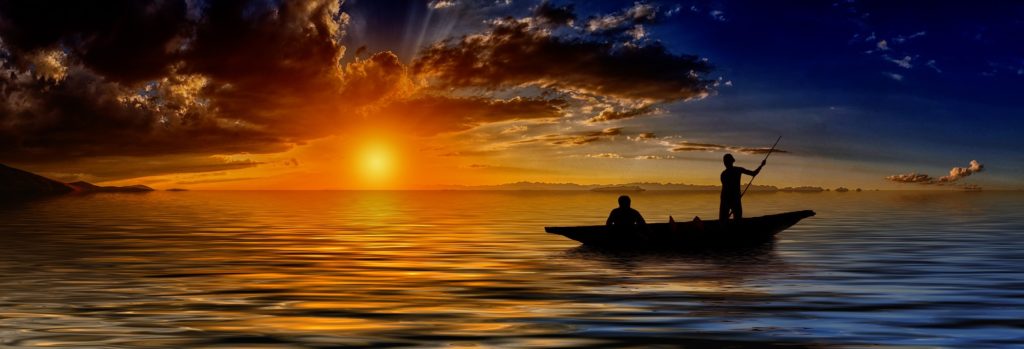My grandmother wrote me stories when I was younger.
She was a magnificent artist who painted flowers in bold colors – just like her personality. She would also tell me and my siblings stories of animals and elves and trains.
She painted illustrations for the stories, too. The detail in each image was breathtaking. Each image could stand alone as a featured painting in a gallery. But to us, they were simply the stories coming to life.
She was remarkable. Her stories and imagination were remarkable too.
As I grew older, I wondered why she didn’t turn the stories into books. They had so much marketability. And the stories were delightful. I could picture them in the hands of children across the world, giggling in delight at Christmas elves and circus mice. The potential was incredible. Why didn’t she do it? And after she passed away, why didn’t her children do it?
Today, as I sat listening to my daughter read one of these stories to my son, it dawned on me.
Not everything has to be monetized.
Not everything should be monetized.
These stories were her soul – her love embodied.
Each of the stories served it’s exact purpose: they brought her joy and they brought her grandchildren joy.
That’s it.
We all have a thing we do. Maybe we make music or art or stories. Maybe we tell jokes. Maybe we cook. Maybe we do a little bit of all of it.
But we all have a thing.
Take a second and think about what your thing is.
I recently read the story of the young fisherman. As told by Paulo Coelho:
There was once a businessman who was sitting by the beach in a small Brazilian village.
As he sat, he saw a Brazilian fisherman rowing a small boat towards the shore having caught quite few big fish.
The businessman was impressed and asked the fisherman, “How long does it take you to catch so many fish?”
The fisherman replied, “Oh, just a short while.”
“Then why don’t you stay longer at sea and catch even more?” The businessman was astonished.
“This is enough to feed my whole family,” the fisherman said.
The businessman then asked, “So, what do you do for the rest of the day?”The fisherman replied, “Well, I usually wake up early in the morning, go out to sea and catch a few fish, then go back and play with my kids. In the afternoon, I take a nap with my wife, and evening comes, I join my buddies in the village for a drink — we play guitar, sing and dance throughout the night.”
The businessman offered a suggestion to the fisherman.
“I am a PhD in business management. I could help you to become a more successful person. From now on, you should spend more time at sea and try to catch as many fish as possible. When you have saved enough money, you could buy a bigger boat and catch even more fish. Soon you will be able to afford to buy more boats, set up your own company, your own production plant for canned food and distribution network. By then, you will have moved out of this village and to Sao Paulo, where you can set up HQ to manage your other branches.”
The fisherman continues, “And after that?”
The businessman laughs heartily, “After that, you can live like a king in your own house, and when the time is right, you can go public and float your shares in the Stock Exchange, and you will be rich.”The fisherman asks, “And after that?”
The businessman says, “After that, you can finally retire, you can move to a house by the fishing village, wake up early in the morning, catch a few fish, then return home to play with kids, have a nice afternoon nap with your wife, and when evening comes, you can join your buddies for a drink, play the guitar, sing and dance throughout the night!”The fisherman was puzzled, “Isn’t that what I am doing now?”
https://paulocoelhoblog.com/2015/09/04/the-fisherman-and-the-businessman/
We get so caught up in making money that sometimes we forget to slow down and enjoy the things we do every day. And we tend to lose sight of our goals.
See, here’s the thing: Sometimes a hobby can be just a hobby.
Art can be just doodling or painting.
Writing can be just a form of expression.
Storytelling can be just sharing words with a friend.
Music can be just playing and listening a sweet melody.
Cooking can be just sharing a meal with those you love.
And if you feel the drive to monetize it, that’s totally good. Do it. Let’s talk about how to make the most of it. There is no shame in monetizing the thing you do best. Or that you love the most. In fact, it’s a great way to make a living.
But if you don’t want to monetize it?
Don’t.
Just do your thing, experience your thing, allow your thing to bring you joy, and keep living your life. Allow your thing to make your life richer and fuller and more balanced. And be ok with NOT monetizing your thing.
If you need permission to monetize your thing, here it is. Permission granted.
If you need permission to keep your thing a hobby, here it is. Permission granted.
Just remember: you don’t have to monetize everything. It’s ok to have a hobby, a thing you do just for the sake of doing it. It’s ok to do something for the simple fact that it brings you joy.

